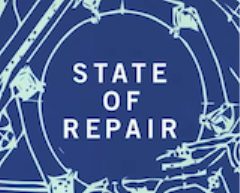Diane Miller photo.
State of Repair is Motherboard's exploration of DIY culture, device repair, ownership, and the forces fighting to lock down access to the things you own.
Advertisement
Advertisement
Advertisement
John Deere did not respond to Motherboard’s request for comment.

